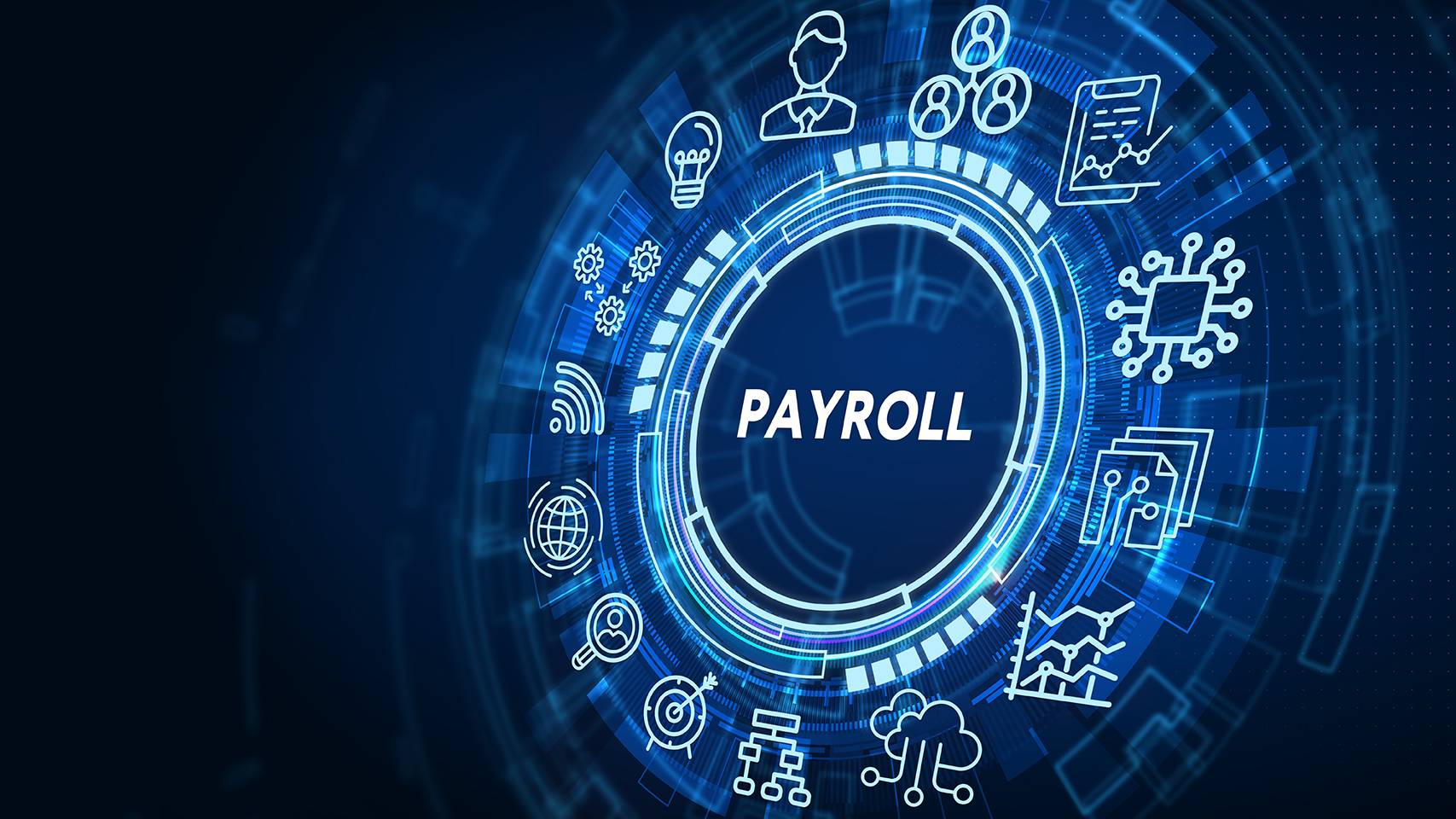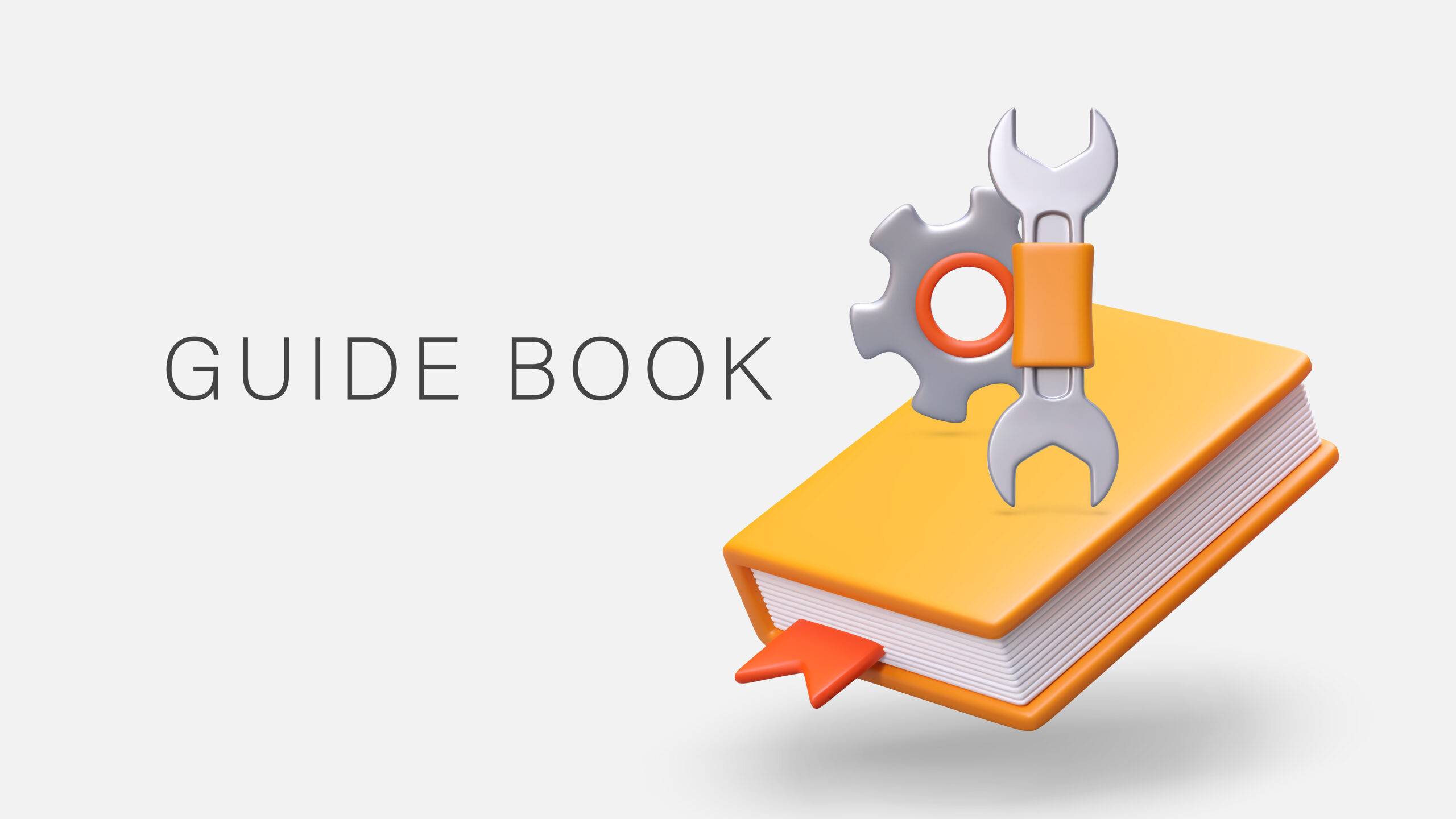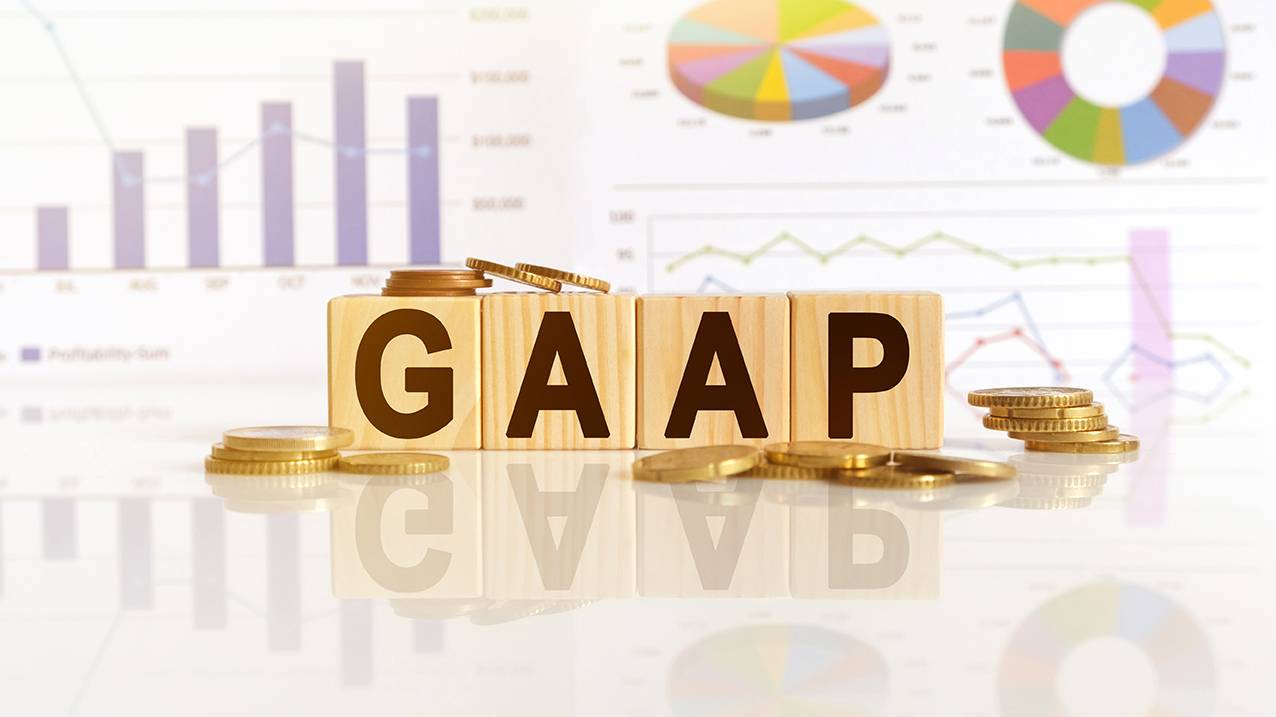Self-Study
Payroll Management
A comprehensive Payroll Management course focusing on efficient payroll processing, adherence to evolving regulations, and more.

$364.00 – $404.00Price range: $364.00 through $404.00
Webcasts are available for viewing Monday – Friday, 8am – 8pm ET,
and Saturday & Sunday, 10am – 6pm ET.
Without FlexCast, you must start with enough time to finish. (1 Hr/Credit)
Please fill out the form below and we will reach out as soon as possible.
CPE Credits
14 Credits: Accounting
Course Level
Overview
Format
Self-Study
Course Description
This payroll accounting CPE course shows the accountant how to improve the functions of the payroll department, enhancing efficiency and reducing error rates. Topics covered include time tracking, payroll processing, procedures, controls, and recordkeeping. The course also addresses the United States payroll regulations and reporting requirements related to compensation, benefits, payroll taxes, and tax remittances. This payroll CPE course is updated annually for the latest payroll regulations. Payroll Management is ideal for anyone new to payroll, or who wants to enhance an existing system.
Need Flexibility?
Purchase now, choose later. Your credits are ready whenever you find the perfect courses for you.
Learning Objectives
Upon successful completion of this course, participants will be able to:
- Cite the types of payroll systems, and note how payroll confidentiality is maintained.
- Specify the circumstances under which someone is defined as an employee, and how an employee designation impacts the applicability of payroll taxes.
- Identify the circumstances under which different time tracking methodologies are most useful.
- Specify the methods under which compensation is calculated for employees.
- Cite the tax treatment of various types of benefits.
- State the types of deductions from pay, and why they are used.
- Recognize the methods for paying payroll taxes.
- State the methods and related rules under which a business remits payroll taxes to the government.
- Specify how unemployment taxes are calculated.
- Identify how payments to employees are made, and the forms used to do so.
- Specify where payroll transactions are recorded in the accounting records, and how payroll accruals are used.
- Define the contents of the various payroll reports, and the circumstances under which these reports are issued.
- State the forms used to update payroll events, when these forms should be used, and where they are stored.
- Itemize the key steps involved in payroll activities.
- Specify the types of reports run as part of payroll processing.
- Cite the actions taken to maintain control over the payroll function, and note the types of controls that can be used.
- Identify the more common payroll measurements, and note how they can be calculated and why they are used.
- Specify the responsibilities of the parties to an outsourcing arrangement, and the negotiation points for this arrangement.
Course Specifics
1203541
February 19, 2025
There are no prerequisites.
None
333
Compliance Information
CMA Notice: Western CPE makes every attempt to maintain our CMA CPE library, to ensure a course meets your continuing education requirements please visit Insitute of Management Accountants (IMA)
CFP Notice: Not all courses that qualify for CFP® credit are registered by Western CPE. If a course does not have a CFP registration number in the compliance section, the continuing education will need to be individually reported with the CFP Board. For more information on the reporting process, required documentation, processing fee, etc., contact the CFP Board. CFP Professionals must take each course in it’s entirety, the CFP Board DOES NOT accept partial credits for courses.
Meet The Experts

Steven M. Bragg, CPA, is a full-time book and course author who has written more than 300 business books and courses. He provides Western CPE with self-study courses in the areas of accounting and finance, with an emphasis on the practical application of accounting standards and management techniques. A sampling of his courses include the The New Controller Guidebook, The GAAP Guidebook, Accountants’ Guidebook, and Closing the Books: An Accountant’s Guide. He also manages the Accounting Best Practices podcast. Steven has been the CFO or controller of both public and private companies and has been a consulting manager with Ernst & Young and …



